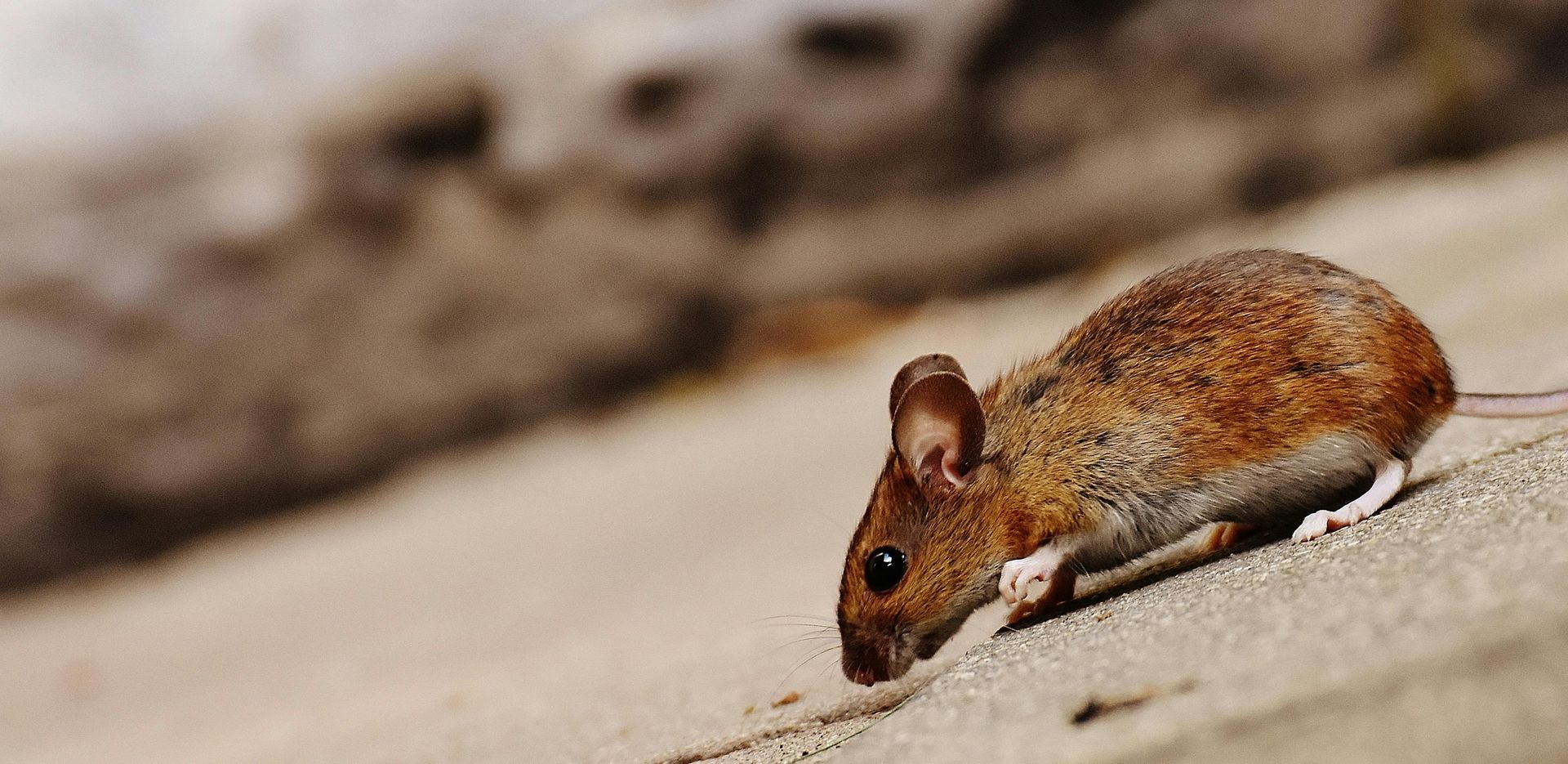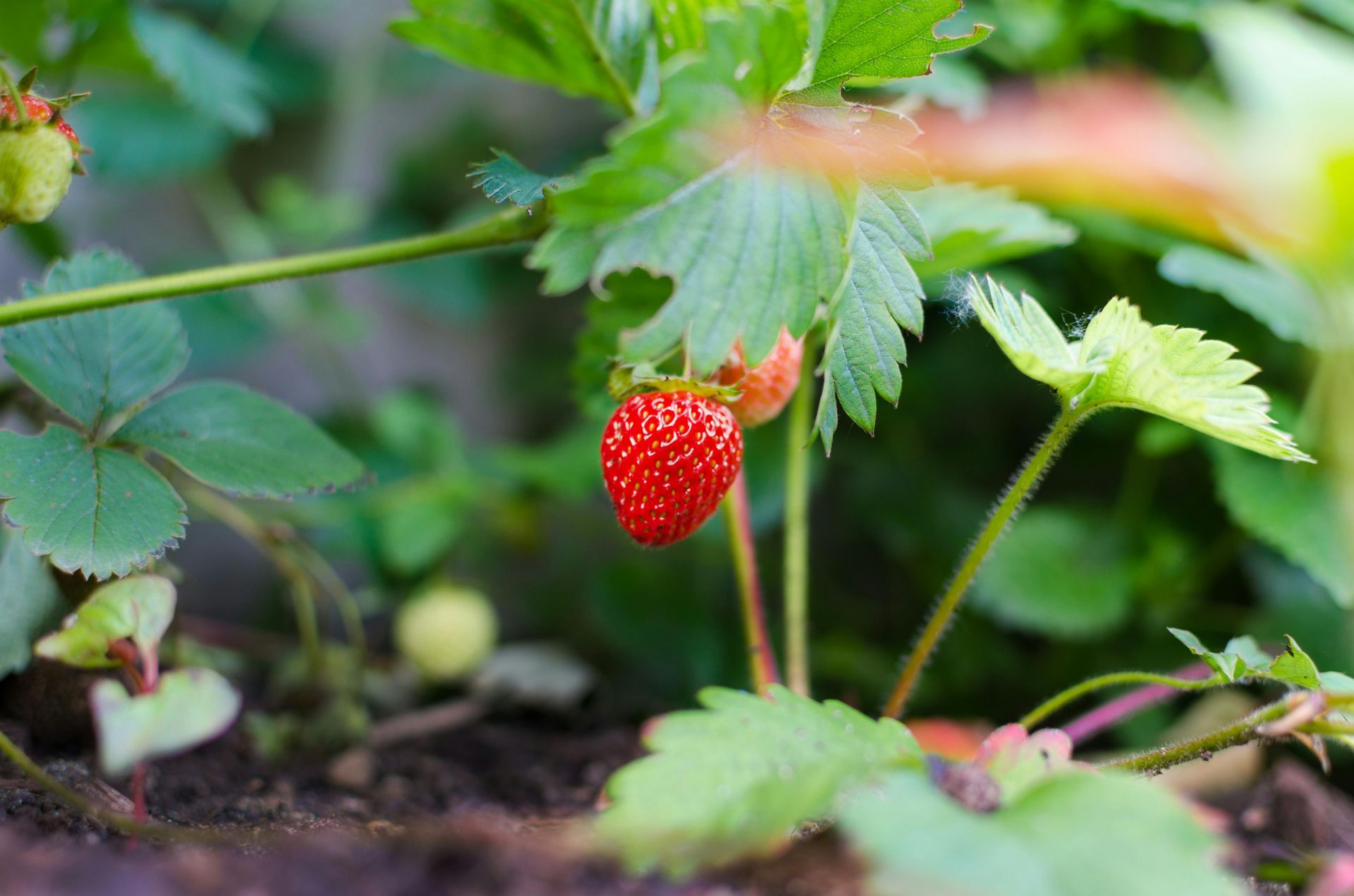Eco-Friendly Pest Control and Plant Care in Nevada Gardens
Gardening in Nevada presents unique challenges due to its arid climate and extreme temperatures. However, with the right strategies, homeowners can create thriving gardens that are both lush and eco-friendly. This guide focuses on using pest-repellent plants and fostering beneficial insect populations to develop a natural pest control system. By understanding the symbiotic relationships between plants and insects, gardeners in Nevada can maintain a healthy garden ecosystem without relying on harmful chemicals.
Selecting Pest-Repellent Plants for Nevada's Climate
Choosing the right plants is crucial for any garden, especially in a climate like Nevada's. Several plants not only withstand the harsh conditions but also naturally repel pests, reducing the need for chemical interventions.
Lavender
Lavender thrives in full sun and well-drained soil, making it ideal for Nevada gardens. It repels moths, fleas, flies, and mosquitoes due to its strong scent, which is pleasant to humans but a deterrent to pests.
Marigolds
These vibrant flowers are renowned for their ability to repel plant lice, mosquitoes, and even rabbits. The secret lies in their pungent smell, which originates from the pyrethrum in their makeup, a compound used in many organic insecticides.
Basil
Basil not only adds flavor to dishes but also repels thrips, flies, and mosquitoes. Planting basil alongside tomato plants can help protect them from hornworms, enhancing both the health and yield of your tomatoes.
Mint
While mint is aggressive and can easily take over a garden space, planting it in contained areas or pots can prevent this issue. Mint’s strong aroma wards off a variety of insects including ants and mosquitoes.
Fostering Beneficial Insects
In addition to selecting the right plants, encouraging beneficial insects to inhabit your garden can naturally reduce pest populations. These insects often prey on common pests, providing effective and natural pest control.
Ladybugs
Ladybugs are voracious predators of aphids and other harmful insects. Planting dill, fennel, and calendula can attract these beneficial bugs to your garden.
Bees and Butterflies
Pollinators such as bees and butterflies are vital for garden health. Plants like lavender, sage, and salvia not only repel pests but also attract these beneficial pollinators, ensuring your plants are well-pollinated and productive.
Lacewings
Lacewings are another beneficial insect, their larvae feed on a variety of pest insects, including aphids and caterpillars. Nectar-rich plants like cosmos and angelica can help draw them to your garden.
Natural Strategies for Pest Control
Employing natural pest control methods not only keeps your garden healthy but also protects the broader environment by reducing chemical use.
Companion Planting
Growing certain plants together can naturally enhance growth and repel pests. For example, planting garlic near roses can help deter aphids, while marigolds planted among vegetables can protect against nematodes and other pests.
Neem Oil
Derived from the seeds of the neem tree, neem oil is an effective, natural pesticide that is safe for use around pets and wildlife. It works by disrupting the life cycle of insects at all stages (eggs, larvae, and adults), making it ideal for managing a variety of pests.
Diatomaceous Earth
This naturally occurring powder is made from the fossils of diatoms, a type of algae. When sprinkled around plants, it acts as a natural deterrent for many insects, including ants and slugs. Its microscopic sharp edges cut through the exoskeletons of insects, causing them to dehydrate.
Maintaining a Healthy Garden Ecosystem
A healthy garden ecosystem is the key to natural pest control. By encouraging a diverse range of species, both plant and insect, gardeners can create a self-regulating environment.
Soil Health
Healthy soil is the foundation of a healthy garden. Regularly adding organic matter, such as compost or manure, can improve soil structure, provide essential nutrients, and support a vibrant ecosystem.
Water Management
Efficient watering practices are especially important in Nevada’s dry climate. Drip irrigation systems deliver water directly to the roots of plants, minimizing waste and reducing the humidity that many pests thrive in.
Regular Monitoring
Keeping a close eye on your garden will help you spot potential problems early before they become major issues. Regular checks allow for the early detection of pest infestations or diseased plants, which can often be managed more easily when caught quickly.
By integrating these eco-friendly practices, gardeners in Nevada can not only enjoy bountiful harvests but also contribute to the sustainability of their local environment. The combination of using pest-repellent plants and harnessing the power of beneficial insects forms a robust defense against common garden pests, making chemical pesticides a last resort rather than a first response. With these strategies, creating a thriving, sustainable garden that enhances the local ecosystem is within reach.
Are you ready to transform your Nevada garden into a flourishing, pest-free paradise using eco-friendly methods? We specialize in creating sustainable, pest-free gardens that thrive in Nevada's unique climate, using native plants and natural pest management strategies. Contact us today and let us guide you toward a greener, more vibrant outdoor space.




